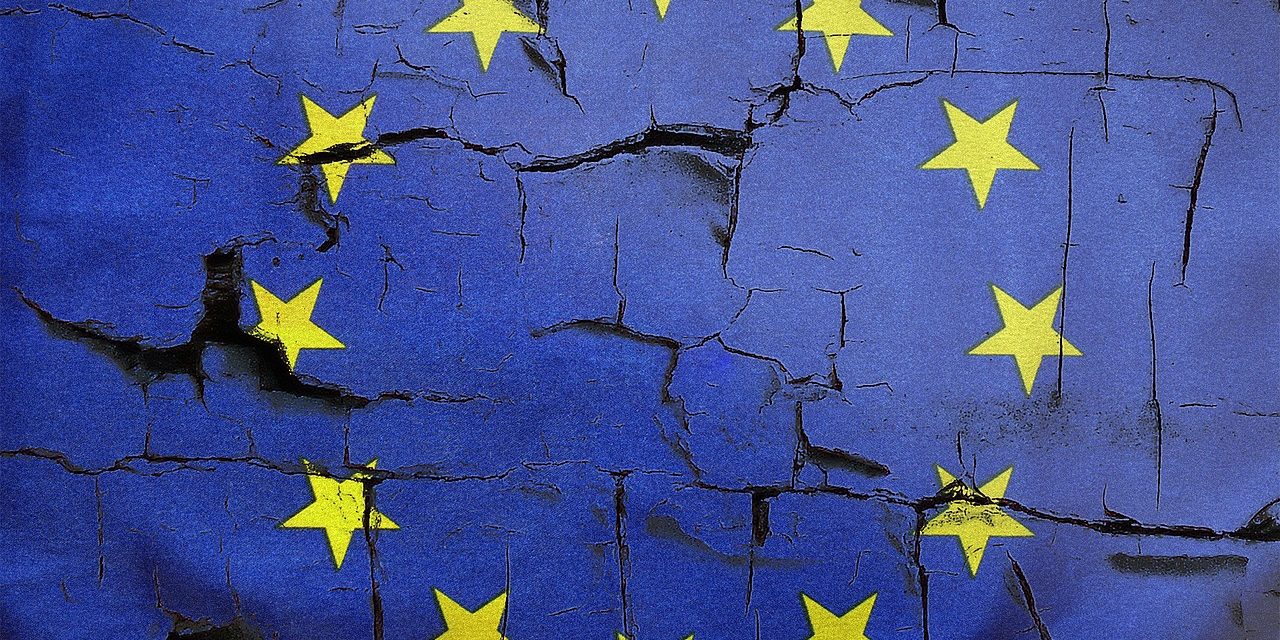Trauma, past and present: on the memorial approach to the Spanish Civil War
DOI:
https://doi.org/10.13133/2532-1994/18022Keywords:
Trauma, Spanish Civil War, collective memory, Spanish Communist Party, Francoism, End of utopiasAbstract
This essay aims at retracing a brief intellectual and cultural history of how the Spanish Civil War (1936-1939) has, sometimes but not always, played a traumatic/traumatizing role in Spain. The Francoist Regime initially mobilizes the war as its own foundational myth, from which its own political and ideological legitimacy emerges. It is not until the late 1950s that this celebratory rhetorical tone is significantly tuned down in order to respond to the new historical circumstances after World War II. It is precisely at this point that the implicit invocation of the war as a traumatic event gains momentum with the paradoxical support by the left-wing, anti-dictatorial opposition, both within and outside the Iberian Peninsula. During the Transition to democracy and the 1980s, the Civil War is, to a certain extent, semi-absent from the public, political sphere, so as to make the “reconciliación nacional” (national reconciliation) possible. After 1992, the so called “boom de la memoria histórica” (historical memory boom) begins on several fronts: literary, filmic, mediatic, judicial, political. In this context, the textual analysis of three important novels by Javier Marías, Manuel Vázquez Montalbán and Javier Cercas helps us to properly understand the ingredients of this complex surge of interest in the Civil War. This essay contends that this new wave of cultural artifacts about the 1930s and 1940s gives us, in fact, more information about our current predicaments after 1989 than about the past itself.
Downloads
Published
How to Cite
Issue
Section
License
Copyright (c) 2022 Transnational 20th Century. Literatures, arts and cultures

This work is licensed under a Creative Commons Attribution 3.0 Unported License.

Except where otherwise noted, the content of this site is licensed under a Creative Commons Attribution 3.0 Unported License.


